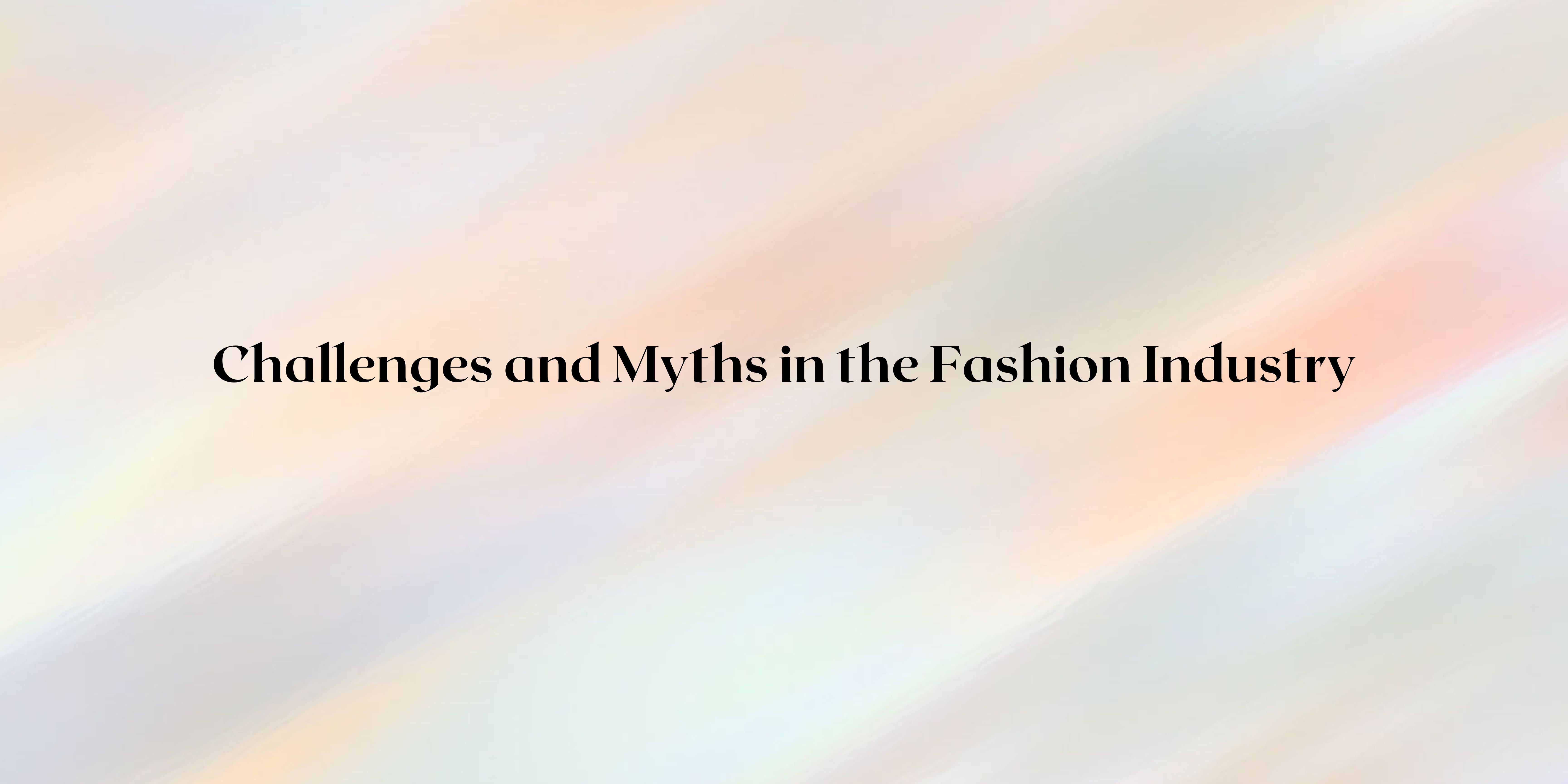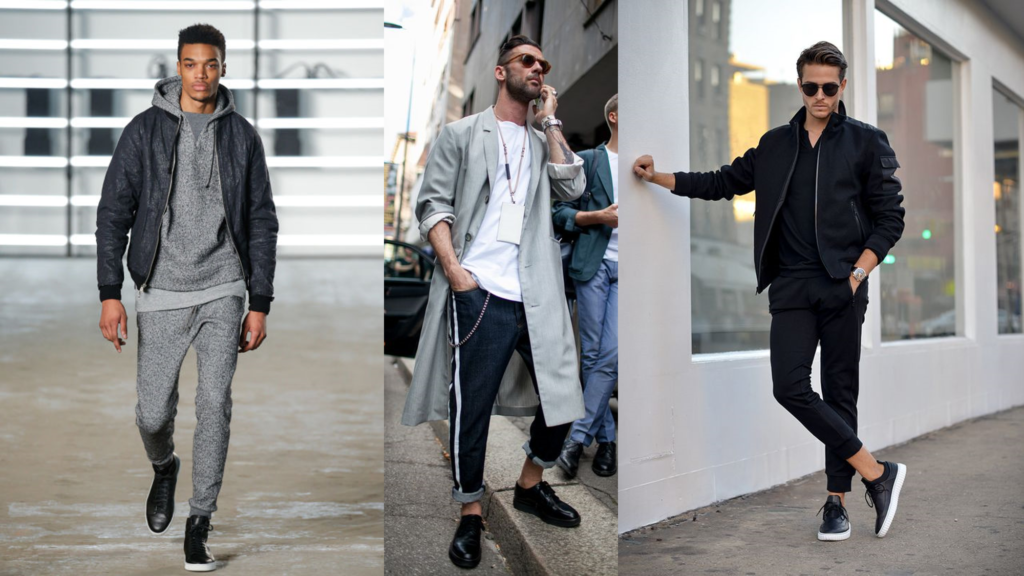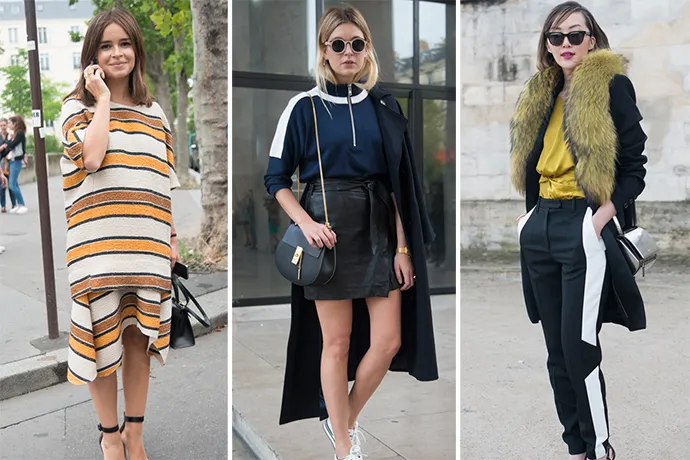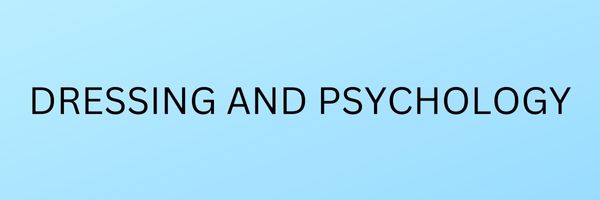
DRESSING AND PSYCHOLOGY
The ability to dress well is a remarkable rare gift possessed by very few. Generally, people choose their clothes depending on factors like age, season, income, occasion, and fashion. The unknown fact is that the choice of clothes, style of dressing, and body language of a person while wearing the dress speak a lot about the person.
In terms of psychology, our sense of self is reflected in the clothes we wear. The journal of psychology says that the color, comfort, fit, and style of our clothes can directly affect our confidence level. When a person is well dressed and well groomed it conveys the quality of self-respect which is more than power, authority, and confidence.
Interrelation of dressing and psychology
When we see a person the first thing that captures our eyes is the attire. Dress sense does not include clothes alone it concerns the accessories used along with the clothes such as shoes, pens, shades, and pieces of jewelry too. Society easily accepts people who are well-dressed.
More often, the psychological tendency of the human mind is to judge the financial status of a person with the things used by the person. Dressing sense does interconnect with psychology. For a party or any kind of celebration, we dress extravagantly to blend among the crowd and enjoy cheerfully. At the same time, party wear will not be encouraged for an interview or at a religious place. When a person is in a good mood he/she takes the time to dress well to look pleasant.
Psychology states that humans wear clothes for three main reasons (a) Protection: Clothing that provides physical safeguards to the body, preventing harm from climate and environment. (b) Identification: Establishing who someone is or what they do. (c) Modesty: Covering the body according to the code of decency established by society. Studies also state that there is a direct link between dressing well and the mood of a person, as it stabilizes and improves the quality of happiness, drastically reducing the risk of depression.
PSYCHOLOGICAL REFERENCES ON COLOURS
Psychology claims that the character of a person can be known by the dress sense of the person. According to psychology, even the color of the clothes people use often speaks a lot about their character.
RED: Psychological experiments have confirmed that people wearing Red often increases attractiveness and sex appeal.
Yellow: The description for the choice of yellow in psychology represents being optimistic, uplifted, cheerful, and confident.
GREEN: Green denotes security, abundance, love, growth, luck, healing, and balance
BLUE: Blue shouts out stability, reliability, security, serenity, and calmness.
ORANGE: Psychologically orange stands for feelings of enthusiasm and excitement
PURPLE: Purple is related to royalty, power, wisdom, nobility, luxury, and spirituality.
BLACK: Black shows professionalism, togetherness, certainty, intelligence, and sexiness.
WHITE: White stands for innocence, peace, purity, hope, patience, and kindness in psychology.
The concept of enclothed cognition in psychology illustrates how clothes impact human cognition based on the occurrence of their symbolic meaning and the physical wearing of the attire. Another psychological term used in dressing is Dopamine Dressing. Dopamine dressing is derived from the core principles which explain our motivations behind why we dress in a certain way and why we buy certain clothes to satisfy our emotional needs.
PSYCHOLOGICAL FACTORS THAT INFLUENCE FASHION
NEED FOR SELF-ASSURANCE
To be noticed by people is not easy in this fast-paced world. Nobody can be blamed for it because everyone is busy with their work to improve their lifestyle. The craving for attention rises due to this situation. In spite of the busy schedule, a thirst for acceptance hovers deep within a person which urges one to look attractive in order to be noticed and appreciated.
CHANGE
A person who sets a pattern and dresses, in the same manner, decides to change the style and tries out different attires. This makes them enthusiastic and feels optimistic. Besides, when appreciated by people they feel excited and delighted.
NEW TRENDS
When a new trend is induced in the market it’s a nudge by the fashion designers tempting people to trip and fall into the fashion realm. People are obsessed with the latest fashion designs and they most often dive deep into them unconsciously.
AGE
Age has a huge influence when it comes to dressing. Research says that Gen z buys more clothes compared to older generations. They are admirers of the latest trends and they purchase them as soon as it hits the market not bothering even if they are in actual need of them or not. While Gen X & Y are not so frequent shoppers.
SEASON
Shopping preference changes according to the season. For instance, during winter the preference is for woolen or fur material attire to protect from the cold. Likewise in summer, it is dress materials like cotton or silk are favored. The expensive clothes designed for the seasons are sometimes more than affordable for the middle class and the below-poverty people which not only brings them into a melancholic mood but also a feeling of being deprived of the luxuries of life.
OCCASION
On different occasions, people prefer different kinds of dress. The main two categories are formal and informal. Formal is the one used for the profession and informal is casual wear. Other than these there is party wears, the attire used for parties or functions in the family. Comparison is a problem that is challenged in many of these parties or functions that lead to a lack of confidence to attend future events.
INCOME
Income affects a great deal in the choice of dress. Sometimes a very attractive dress may grasp our attention and we would want to own it. But the price of the dress may not be within the budget limit this will definitely cause displeasure to the mind. Though we will have to settle for another dress we may like yet the other dress would remain a temptation.
DEFEAT THE PSYCHOLOGICAL FACTS OF DRESSINGS
The reality that the dress sense of a person does speak psychological facts about the person is certain. Now that we have gained some knowledge about those facts it is easy for us to stand out of the crowd and grab the positive optimistic features and invalidate the negative pessimistic factors. Let us boastfully display our acquired ideas in dressing sense so that people may notice the difference and approach for fashion advice.
Visit us on: https://www.dreamzonebasaveshwaranagar.com
.jpg)
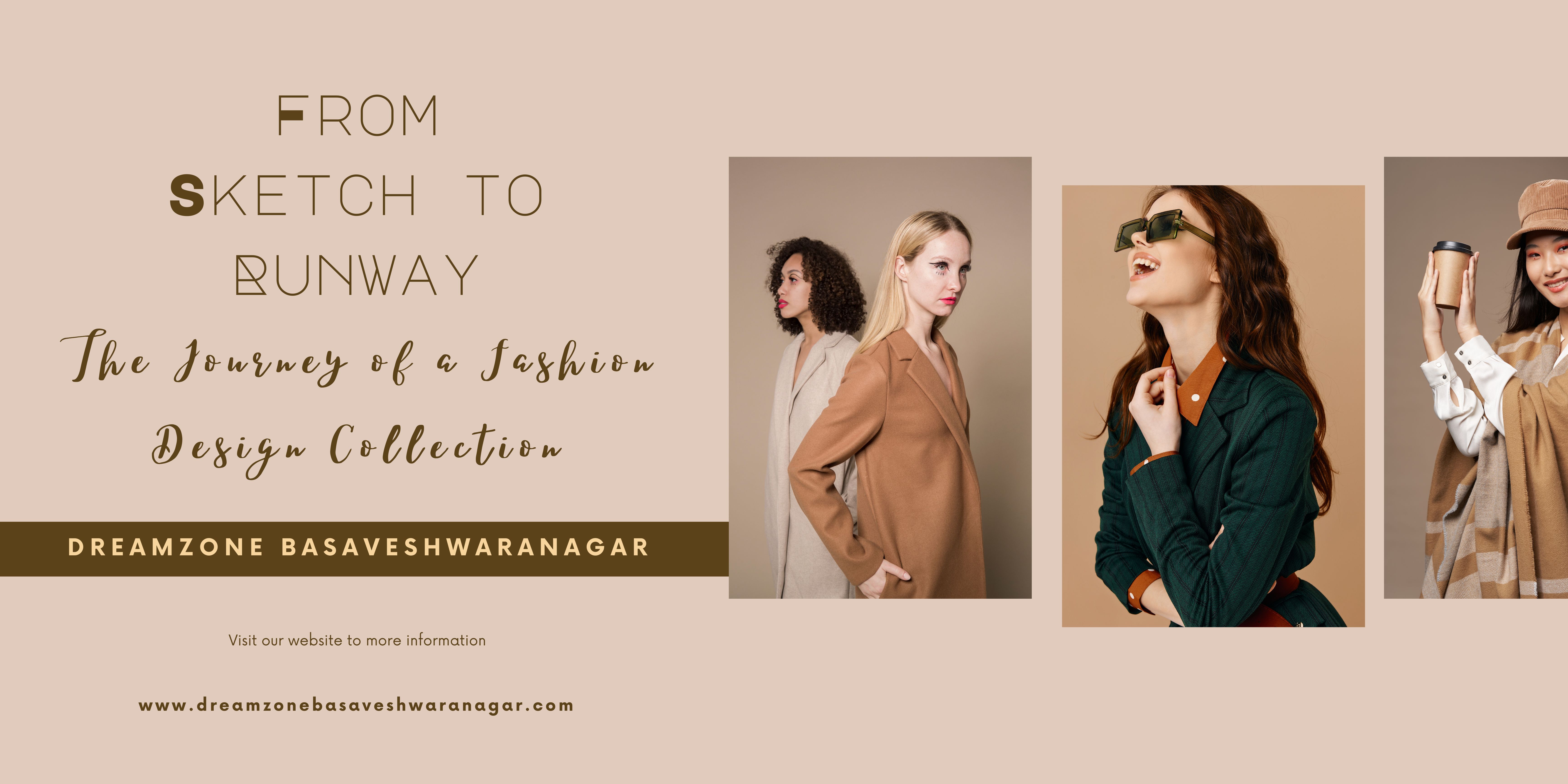
 (1).jpg)
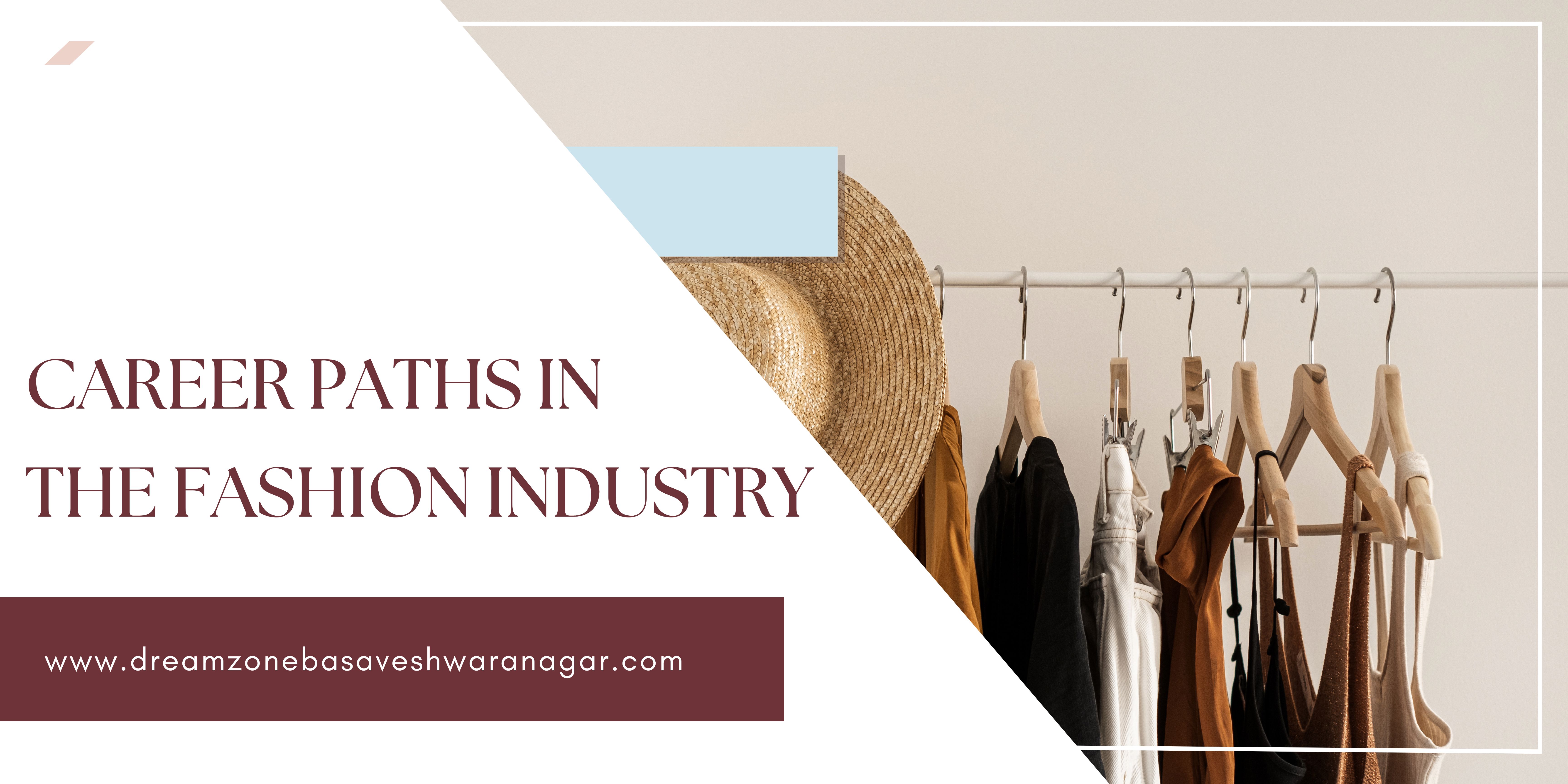
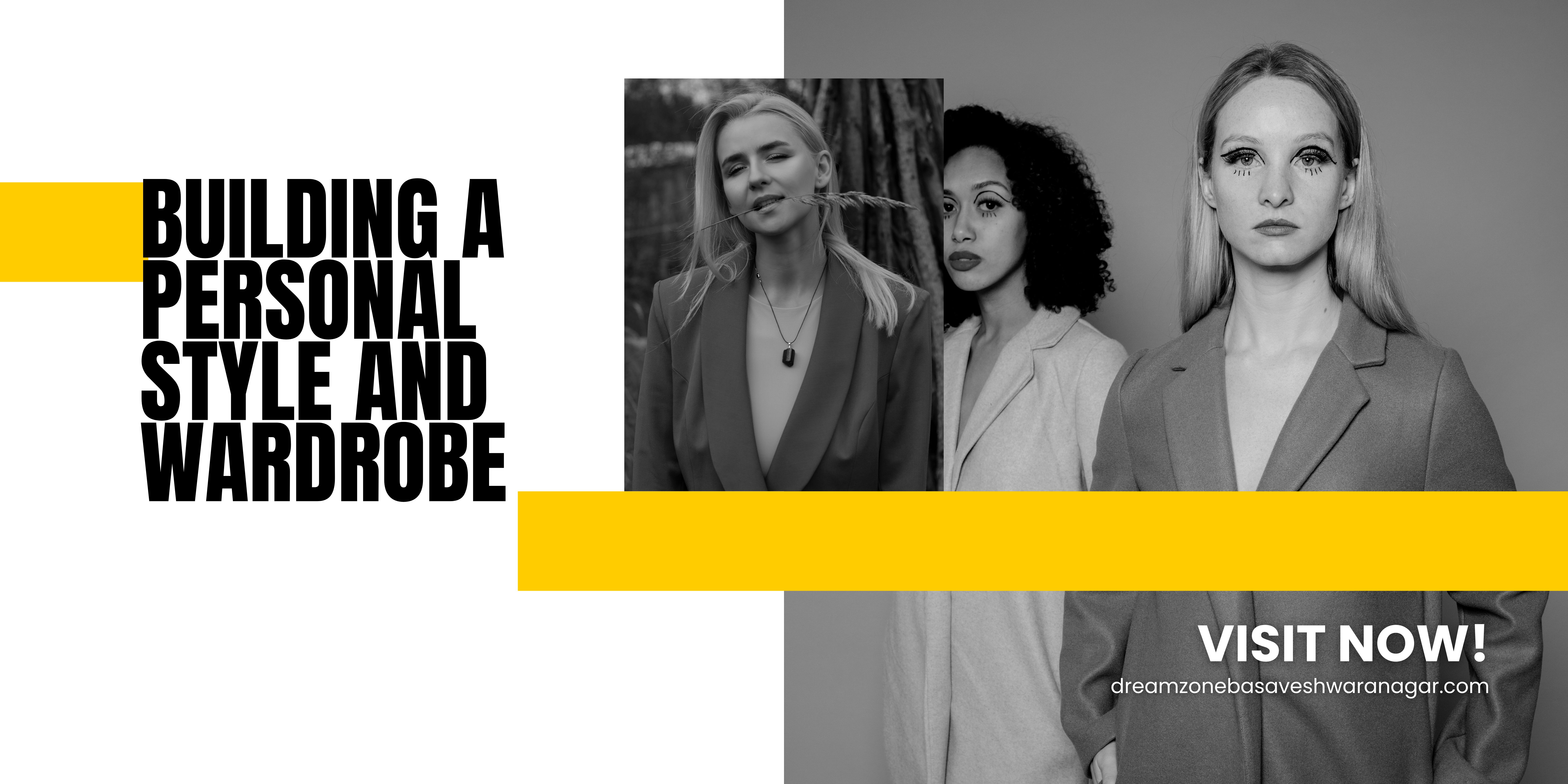

.jpg)
.jpg)
